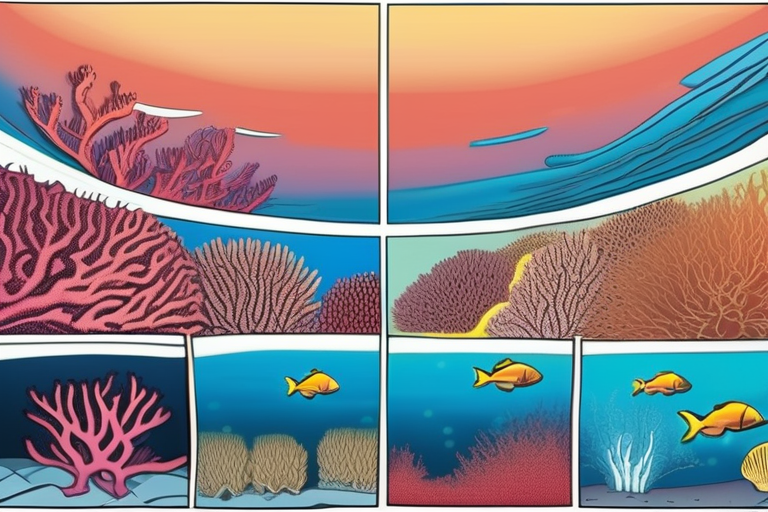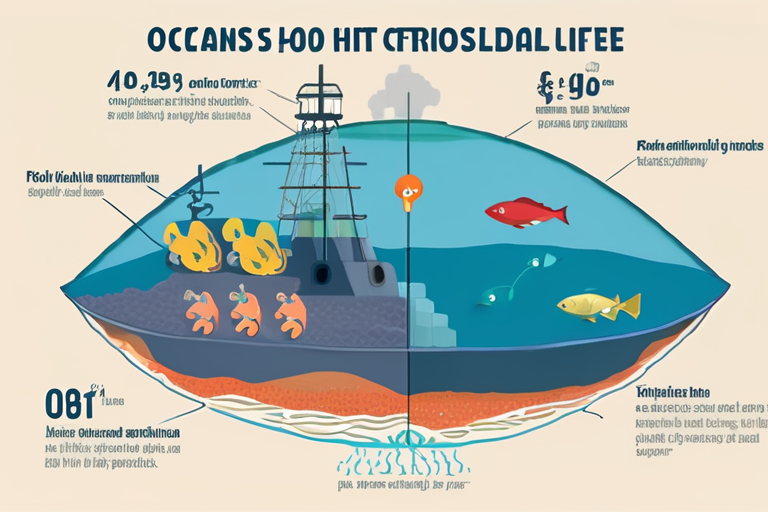Coral Reefs Hit Critical Mass as Global Warming Ignites Devastating Bleaching Crisis


Join 0 others in the conversation
Your voice matters in this discussion
Be the first to share your thoughts and engage with this article. Your perspective matters!
Discover articles from our community

 hoppi
hoppi

 Hoppi
Hoppi

 Hoppi
Hoppi

 Hoppi
Hoppi

 Hoppi
Hoppi

 Hoppi
Hoppi

Global Warning: Our Future in a Warmer World A three-part series by Philip Boucher-Hayes has shed light on the harsh …

hoppi

The Ocean's Carbon Toilet Clogged: Marine Heat Waves Alter Phytoplankton Composition A recent study has revealed that two major marine …

Hoppi

New Zealand Oceans Warming at Alarming Rate, Report Finds A new report by the Ministry of the Environment and Statistics …

Hoppi

Coral Die-Off Marks Earth's First Climate 'Tipping Point', Scientists Say A devastating coral die-off in Australia's Great Barrier Reef has …

Hoppi

World's Oceans Fail Key Health Check as Acidity Crosses Critical Threshold for Marine Life In a stark warning to humanity, …

Hoppi

Breaking News: Ocean Heatwaves Disrupt Earth's Hidden Climate Engine A groundbreaking study by the Monterey Bay Aquarium Research Institute reveals …

Hoppi